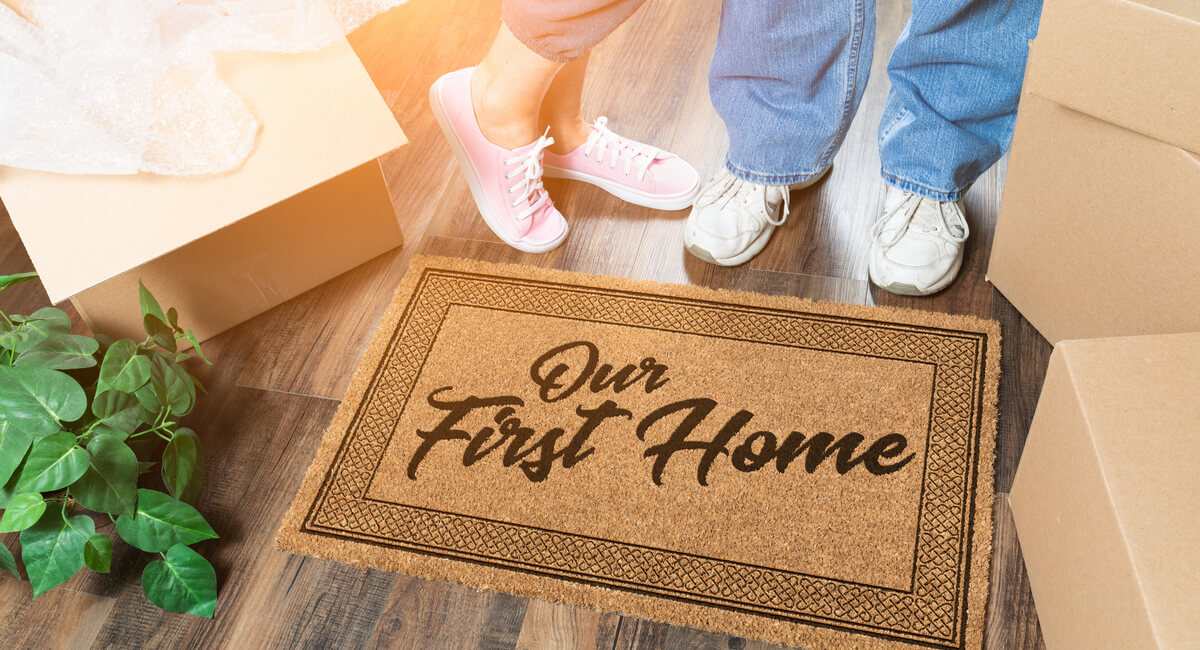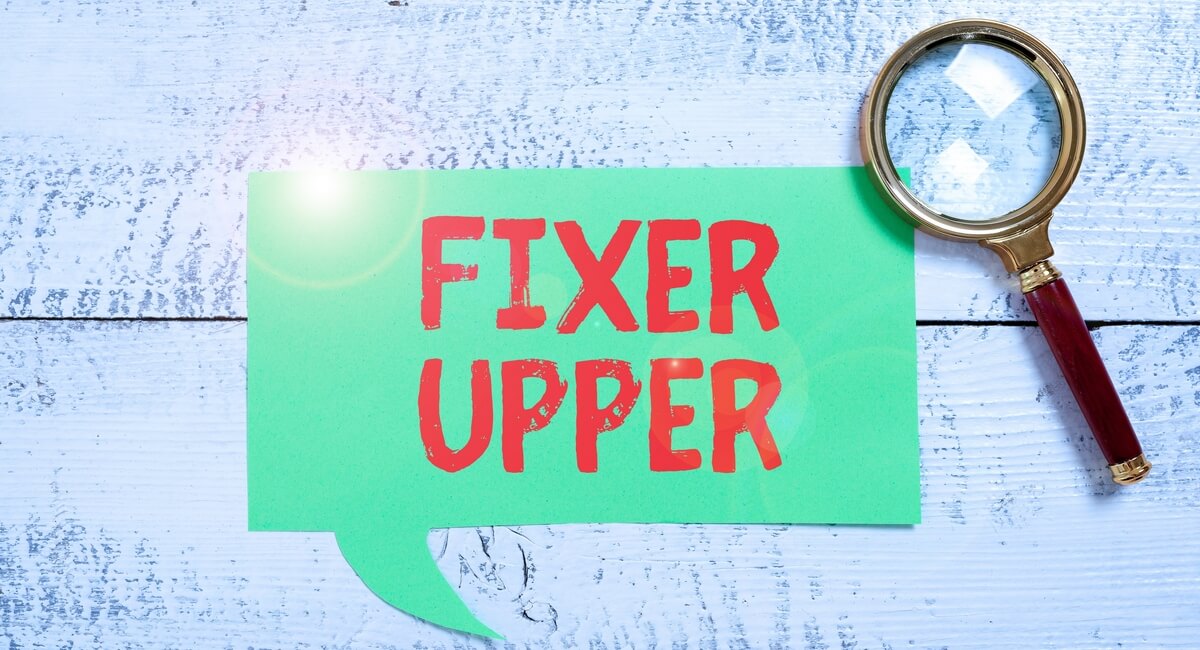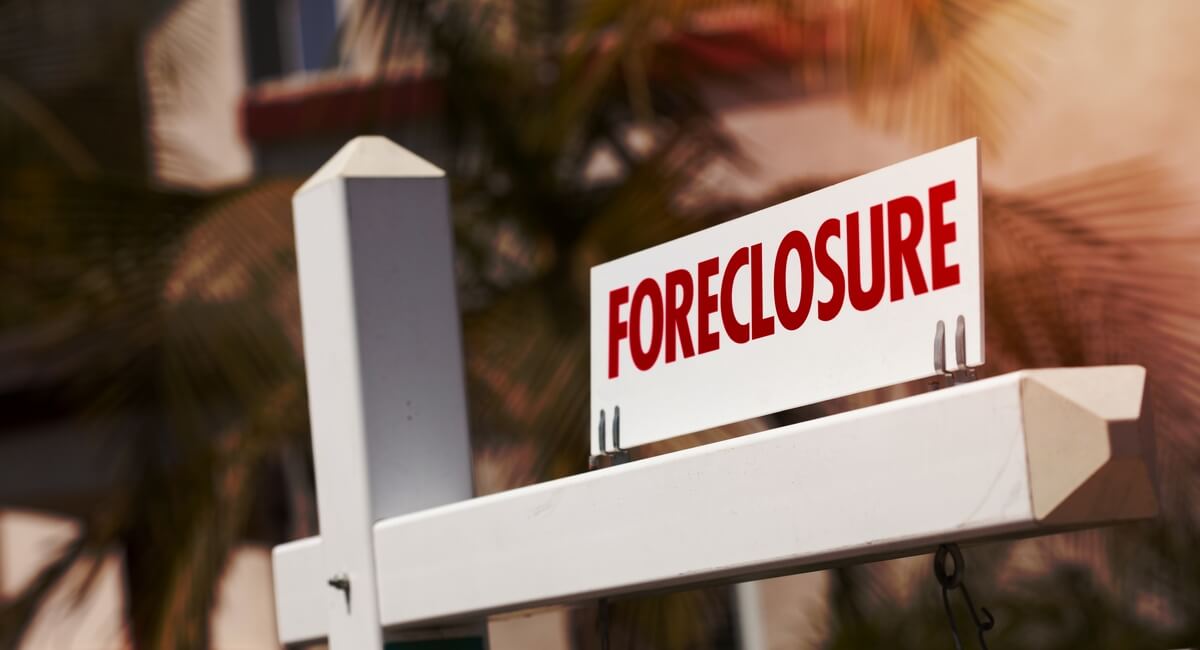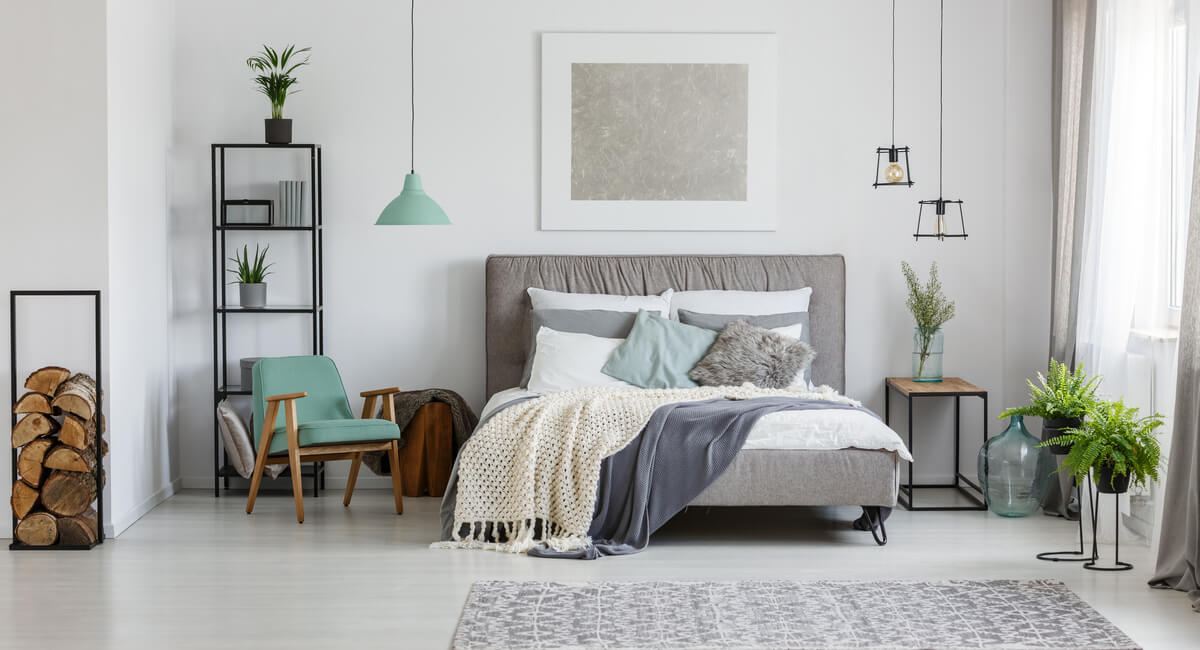Purchasing a home in the current market conditions feels difficult or impossible for many prospective buyers. As a result, some buyers are turning to unconventional strategies to achieve their dream of homeownership. Everyone’s financial and personal situations are different, so these methods may not always work. It can be helpful to think creatively when working toward a big goal, though. Here are seven unusual ways people are buying homes:

1. House Hacking
House hacking is the process of generating rental income from your home. There are several ways you can do this, but the exact arrangement may depend on what type of property you buy. For example, you could purchase a duplex, live in one side, and rent out the other. In many cases, the rental income covers most or all of the mortgage, leaving you with a very low monthly payment. The same arrangement works with other multifamily properties as well. If you purchase a single-family home, you could rent out one of the bedrooms.
House hacking is one of the most effective ways to make homeownership more affordable. However, owning a multifamily property and being a landlord are major responsibilities. If you decide to pursue this option, make sure you’re familiar with tenant laws in your area and are comfortable managing home maintenance tasks.

2. Co-buying
Co-buying is a very unusual approach to homeownership, but it’s becoming quite popular among younger adults. This strategy involves purchasing a home with one or more friends or family members. You live together as roommates and split the down payment, mortgage, utilities, maintenance, and other related costs. As a result, you and your fellow co-buyers each own a share of the home.
A co-buying arrangement can feel similar to renting with a roommate, but you have the opportunity to build equity in the home. Keep in mind, though, that purchasing a home is a major financial move. If your co-buyer fails to fulfill their half of the agreement, you could end up in trouble. Co-buying is only successful when you fully trust your co-buyer, you’re both committed to a long-term agreement, and you can live together peacefully.

3. Fixer-uppers
Purchasing a fixer-upper is a classic and effective way to reduce your housing costs. The asking price on a fixer-upper may be tens of thousands of dollars lower than on a similar home in better condition. You can secure a much lower mortgage payment, which frees up your income to make improvements to the home gradually over time. If you’re willing and able to work on the home yourself, you can also save a great deal of money on labor costs. Purchasing a fixer-upper is often ideal for younger individuals and couples who have the time and physical ability to take on some major home improvement projects.

4. Foreclosures
Buying a foreclosed home is another common cost-saving strategy. A foreclosed home is seized by the lender when the homeowner fails to make the mortgage payments. The lender then sells or auctions off the property. Because lenders tend to be desperate to sell foreclosed homes to recoup their money, these properties almost always sell for less than comparable homes.
If you plan to buy a foreclosure, you should expect it to be a fixer-upper. Not all foreclosures are in bad condition, but homeowners who couldn’t keep up with their mortgage payments probably also couldn’t keep up with maintenance. Foreclosures are sold as-is, so you can’t request that any repairs or upgrades be made before closing. A home inspection is essential when buying a foreclosed home because it will reveal what work you’ll need to do after purchasing the property.

5. Super Commuting
For many buyers, proximity to work is one of the most important factors when searching for homes. However, some buyers are now embracing super commuting in order to find more affordable houses. If you work in a large city, homes will probably be increasingly cheaper the farther you get from the urban center. Super commuting is traveling a long distance between home and work, sometimes more than 90 minutes each way. This may not be possible for those who commute daily, but it can be a good choice for hybrid workers who only travel to the office a couple of days per week. If you find a way to make the most of your commuting time, super commuting could be your key to homeownership.

6. Government Mortgage Programs
Government-backed mortgage programs are an excellent way for first-time buyers to break into the housing market. An FHA loan is the most common type of government-backed mortgage and is available to the widest pool of buyers. Other loans have more specific criteria to qualify, but they offer low interest rates and have low or no down payment requirements.
If you served in the military, you likely qualify for the VA home loan, which is backed by the Department of Veterans Affairs. VA loans require no down payment, and you can qualify even if your credit score is low. Another option is a USDA loan, which is available for buyers in USDA-approved rural areas. If you work as a public servant, you might also qualify for the Good Neighbor Next Door program, which encourages buyers to purchase homes in underserved communities. Both the USDA and Good Neighbor Next Door programs are location-specific, but if you’re willing to move to a qualifying region, you can get a great deal on your mortgage.

7. Borrowing From Family or Friends
Saving up for a down payment can be a big obstacle on the path to homeownership. Some buyers borrow money from family or friends to fund their down payment or closing costs. This can be easier than taking out a personal loan, and the relative or friend who’s lending the money may ask for little or no interest. Another common strategy for couples who are getting married is to ask for contributions to a down payment fund instead of asking for wedding gifts.
Borrowing money from friends and family is a risky move, and it’s not the right option for everyone. Being indebted to a loved one can feel uncomfortable, and your relationship could be ruined if you fail to pay the loan back. It can also be unwise to take on extra debt when purchasing a home. For most buyers, this strategy should be a last resort if there are truly no other options.
Buying a home in today’s market is difficult, but you may be able to make homeownership a reality by getting creative. All of these options have their upsides and downsides, so you should think carefully about what’s best for you. If any of these strategies sound appealing, consult with a financial advisor or real estate expert about your next steps.


